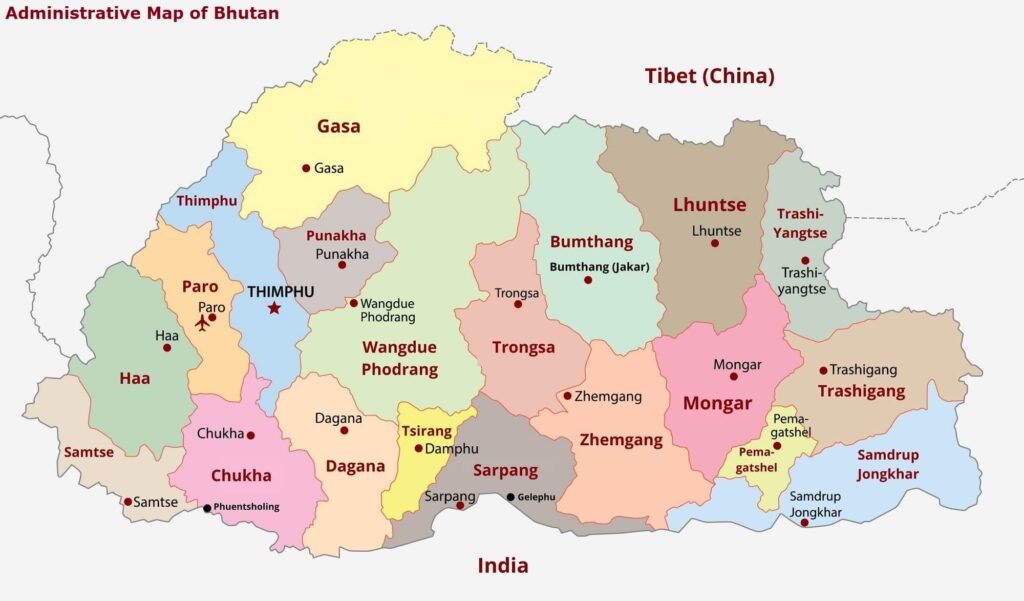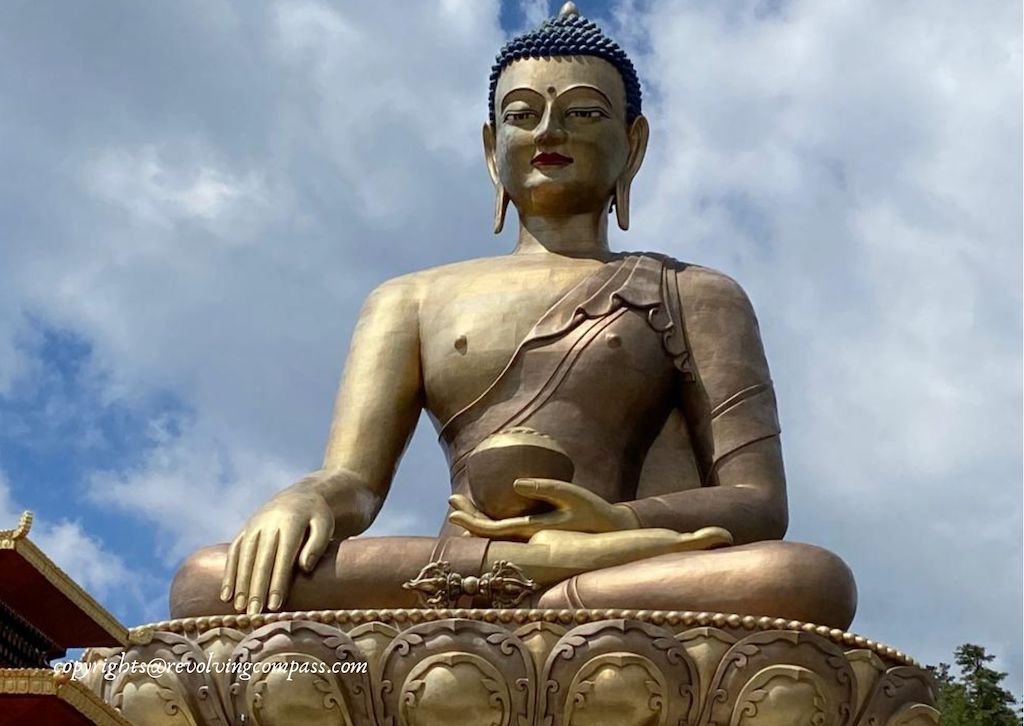
Duration: 9 Days
Districts: Paro, Thimphu, Wangduephodrang,Punakha,Trongsa, Bumthang
Entry: Paro
Exit: Paro
SUMMARY
Going further into the interior, this package will take you to two of Bhutan’s most historical places, Trongsa and Bumthang. While the former has played a very important role in shaping the country’s destiny, Bumthang is a valley enveloped by religious structures, the museum of religious monuments.
The ride through Bhutan’s meandering roads may shake you up a bit. But the views of the landscape, flora and fauna you encounter will give no time for you to think about the ride.
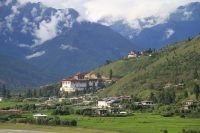
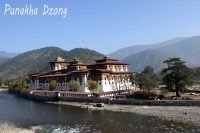
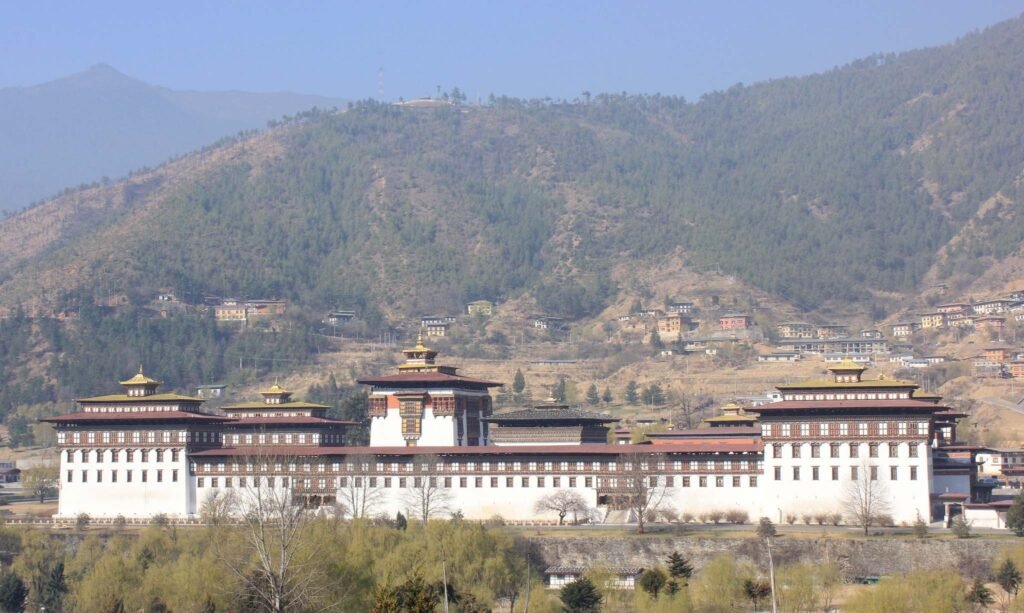
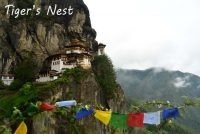
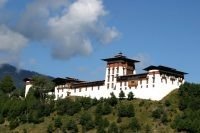
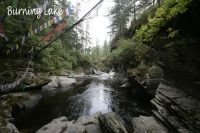
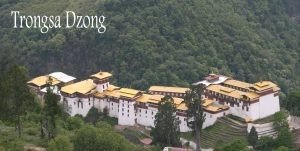
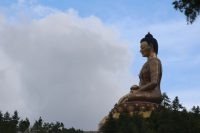
ITINERARY
Day 01 – Bangkok/ Delhi/ Katmandu – Paro – Thimphu
After experiencing a memorable flight along skies offering you views of the Himalayan Treasures such as Mount Everest, Kanchenjunga, Bhutan’s Jomolhari amd Jitchu Drake, your flight will gradually descend, yet again enchanting you with Paro Valley’s beauty from above. The landing is thrilling and supposed to be one of the most challenging.
At the airport, you will be received by representatives of our company who will escort you to a hotel. After lunch there we drive to Thimphu.Overnight at a hotel.
Day 02 – Discover Thimphu valley
Thimphu has lots to offer and the pick for you will firstly be the Memorial Chorten, one of Bhutan’s most beautiful stupas, built in memory of the Third King, Late His Majesty Jigmi Dorji Wangchuck, known as the Father of Modern Bhutan. A short drive from there will take you to Buddha Point, where the statue of the World’s largest Future Buddha (Maitreya) will be seen.
From there we will move to the Handicraft’s Emporium, Weaving Centre and Changangkha monastery, one built in the 12thcentury. There will also be visits to the Takin zoo, Sangaygang, which offers a view point of Thimphu valley and a Nunnery.
Lunch will be served at a local restaurant, after which we visit the National Library where ancient manuscripts are preserved and the Wood Craft and Painting school.
In the evening, we will visit Tashichho Dzong, the main secretariat building. This massive structure houses part of the government Ministries, the office of the King and the Throne Room. It also houses the State Monastic Body and the living quarters of the Chief Abbot and the senior monks.Overnight at hotel.
Day 03 – Thimphu to Punakha/Wangduephodrang
The journey to Punakha would take about 3 to 4 hours and it is a scenic drive through beautiful forests of rhododendron and fields of dwarf bamboo, green meadows, beautiful wildflowers, gushing waterfalls and constantly changing vegetation.
About 45 min from Thimphu, is the Dochula pass (3,100m), offering visitors their first glimpse of the eastern Himalayan range, snow-capped peaks with elevations of 6000m to 7554m. It is a spectacular sight and the beauty is augmented by the 108 stupas (chortens) at Dochula pass.
The journey further descents down to the low lying sub tropical valley of Punakha, which served as the capital of Bhutan until 1955 and still is home of the Chief Abbot in winter months. On the way to Punakha, you will hike for about one hour (round trip) to Drukpa Kuenley’s monastery, built in the 15th century. A monastery where the Phallus is worshipped, it is associated with Lam Drukpa Kuenley, the “Divine Madmonk”.
Punakha Dzong (Fortress), built in 1637 by Shabdrung Ngawang Namgyal has played a prominent role in the civil and religious life of the Kingdom. From far, it resembles a giant ship, rocked on a mass of still water as it is built at the confluence of two rivers – the Pho (male) and Mo (Female) rivers. Destroyed four times by fire and an earthquake in 1897, the Dzong has been now been fully restored in its original splendour. The Fortress contains some of the most sacred and significant religious relics of the nation.
After lunch at a hotel, we will drive for half an hour and hike to the Khamsumyuly chorten.
Overnight at the hotel
Day 04 : Punakha/Wangdue – Bumthang
After breakfast, we will begin the 7-hours drive via Wangduephodrang to Bumthang. The drive takes us through Pelela pass (alt. 3,300m), the traditional boundary between eastern and western Bhutan. The pass is marked by large prayer flags.
Few minutes descend from the pass will take us to Chendebji Chorten, which was built in 19th century by a lama named Shida. It resembles the Boudhanath stupa in Nepal, with eyes painted at four cardinal points.
Lunch will be at Trongsa, after which we visit Trongsa Dzong, another majestic architectural masterpiece and once ancient Bhutan’s capital. It is very historic and every King, before ascending the Throne must, as the Crown Prince serve as the Penlop (Governor) of Trongsa.
From Trongsa, we drive for 68 kms and reach Bumthang.
Overnight at the hotel
Day 05- Bumthang Experience
One of the most sacred regions in the Kingdom, Bumthang valley is a blend of the abstract and concrete with innumerable legends surrounding the area.
You will be visiting Kurje Lhakhang where the Great Indian Saint Guru Padsambhava subdued a local demon and left his body imprint on a rock. The other is Jamphel lhakhang, which was built in the 7th century by Songsten Goembo, the Tibetan Buddhist King. Jakar Dzong (the fortress of white bird) built in the 17th century by Tenzin Rabgay (the fourth Desi) is another famous landmark.
You will also be visiting, Tamshing lhakhang built in 1501 by Terton Pema Lingpa (the founder of religious treasures). Kunchosum lhakhang and Membertsho (the flaming lake) are other places. Legend has it that Pema Lingpa discovered several religious text from the lake.
Overnight at the hotel
Day 06– Bumthang – Wangduephodrang
We begin the return journey and drive to Wangduephodrang, which is about a 6-hour drive. Lunch will be served at Chendibji, where a stupa resembling the Boudhanath of Nepal was built by a King called Zhida. At Wangdue, we will visit ruins of the Wangduephodrang Fortress, gutted tragically by a fire in 2012. It was originally built by the Shabdrung in 1638.
We will move further to Phobjikha valley, one of the most beautiful valleys in Bhutan and home to the very rare black necked cranes, who migrate from Tibet to Bhutan to winter (from November -March). There will also be a visit to Gangtey Gompa, one of the oldest Nyingmapa monasteries, that resembles a Dzong.
Overnight at a hotel in Wangduephodrang.
Day 07– Wangdue – Paro
We proceed to Paro, a four hour drive and lunch at a local restaurant in Paro town. After lunch, we will stroll through town and visit the Paro Rimpong Dzong, which was built in 1646 and Kyichu Monastery the oldest in Paro valley, built in 659 A.D.
Overnight at the hotel
Day 08 – Taktsang Experience
One of Bhutan’s holiest shrines and an amazing structure that crosses all boundaries of architectural masterpiece, Taktsang (Tiger’s Lair) monastery is perched some 1000m/3000ft on a cliff overlooking a valley. It is said that the legendary Indian saint, Guru Padma Sambhava, flew from Tibet on the back of a tigress to tame five demons, who were opposing the spread of Buddhism in Bhutan in 746 A.D. Taktshang monastery is the ultimate pilgrim site for all Buddhist, especially in Bhutan.
The hike to the monastery takes about 5 hours (up and down), and follows an ancient path marked by river powered prayer wheels.
On our way back to the hotel, we will visit the Drugyel Dzong (”Castle of the Victorious Drukpa”), located 16 Km. away from the Paro town. Although in ruins, this Dzong is of great historical importance. It was here that the Bhutanese finally defeated the invading Tibetans and drove them back. On a clear day, we can see, Mt Jomolhari “Mountain of the Goddess” (Alt. 7,329m/24,029ft.). If time permits, we will visit a local farmhouse.
Overnight at the hotel
Day 09– Paro – Bangkok/ Katmandu/ Delhi
After breakfast, you will be driven to Paro international Airport for your journey out of Bhutan.
